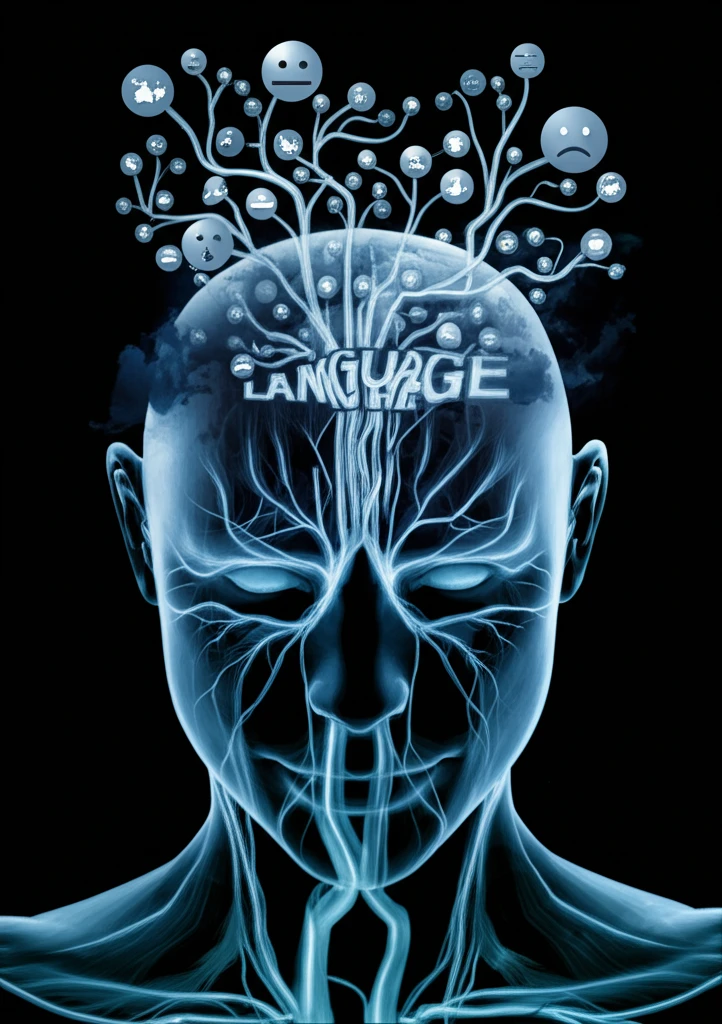
Decoding Human Behavior: How Language Shapes Our Choices
"Uncover the surprising ways linguistic cues influence emotions, norms, and decision-making, altering behavior beyond rational considerations."
For decades, understanding human behavior in economic games has been a major area of study. One-shot and anonymous interactions, in particular, allow for the study of human behavior in its purest form, free from the distortions of potential future consequences or social influences.
It has long been known that in such contexts, individuals do not merely maximize their monetary outcome. For instance, a substantial proportion of people share their money in the dictator game (Kahneman, Knetsh & Thaler, 1986). This raises the question: if not material gain, what utility are individuals seeking to maximize?
The search of this utility function has been a central focus of research. An influential line of work pertains to “social preferences”. While differing in many details, these models are based on a foundational assumption: that a player's utility depends only on the monetary payoffs of all individuals involved in the interaction. Yet, this “consequentialist assumption” – the foundational assumption that decisions are purely based on monetary consequences – is facing increasing criticism.
The Linguistic Twist: How Words Influence Decisions

A major criticism emerges from experiments emphasizing the impact of linguistic content on individuals' choices. It turns out the words we use can subtly—or not so subtly—influence the choices people make, even when the underlying economics remain the same. This is more than just semantics; it’s a fundamental shift in understanding how we make decisions.
- The Power of Labels: Liberman et al. (2004) found that simply changing the name of a Prisoner's Dilemma from the “Wall Street game" to the “Community game” significantly increased cooperation rates. This suggests that labels can activate different cognitive frames.
- Framing Actions: Eriksson et al. (2017) demonstrated that describing the act of declining an offer as “rejecting the proposer's offer” versus “reducing the proposer's payoff” led to higher rejection rates, even though the economic outcome was identical.
- Positive Spins: Capraro and Rand (2018) showed that labeling one choice as the “nice thing to do” could sway individuals towards that option, regardless of its actual implications.
- Boosting Altruism: Capraro and Vanzo (2019) discovered that labeling an altruistic action as “boosting” the recipient increased its likelihood, further confirming the power of positive linguistic frames.
The Future of Understanding Human Choices
A growing body of evidence suggests that linguistic content significantly impacts decisions beyond monetary outcomes. This article introduces a framework to understand human behaviour, moving past the narrow focus of outcome-based preferences. According to the LENS model, Linguistic content evokes Emotions and suggests Norms, which then interact to influence Strategy choice. The article examines evidence supporting each path of the model and raises critical questions for future research. Ultimately, this article aims to contribute to the evolution of behavioural modelling by recognizing and underscoring the critical role of language in shaping human actions.
